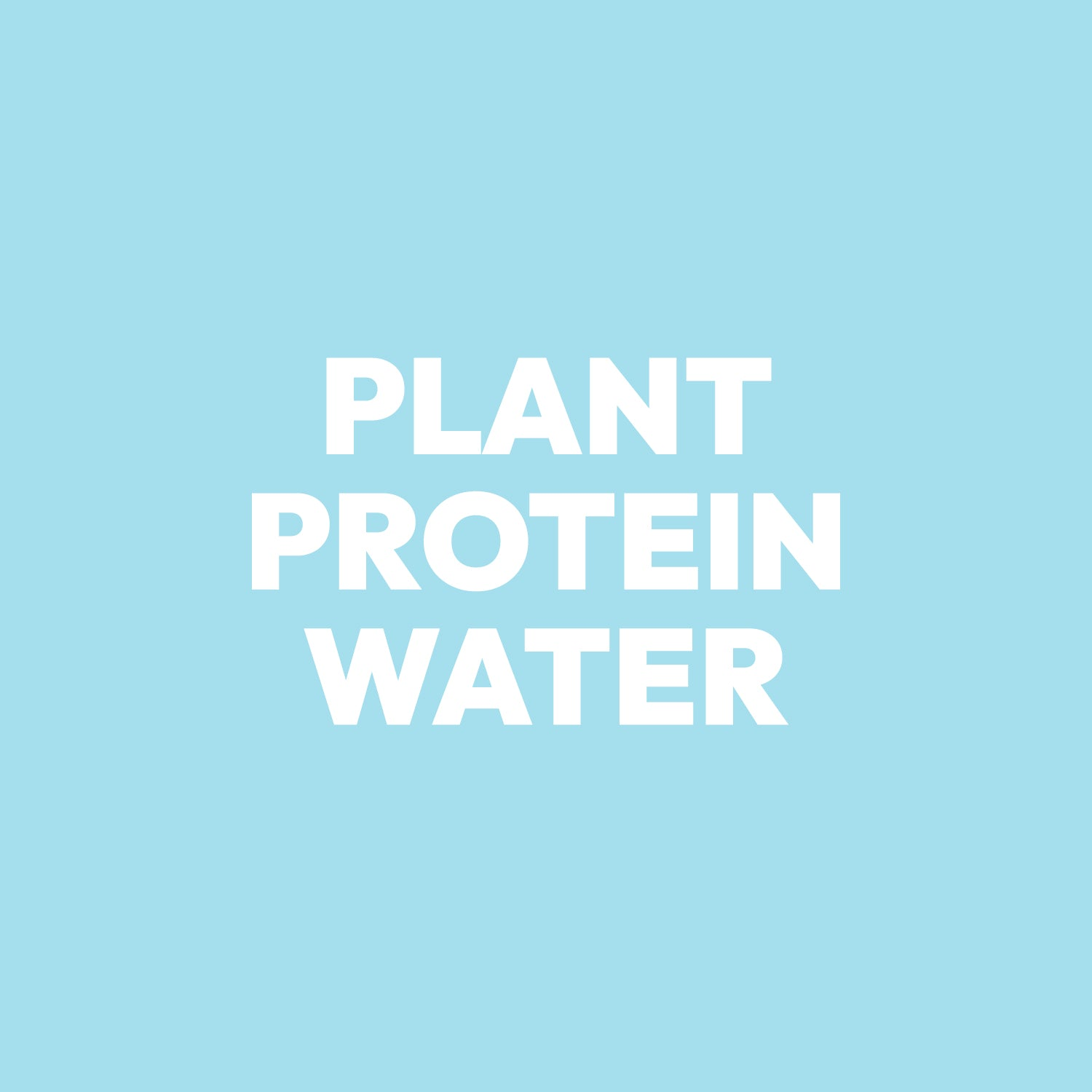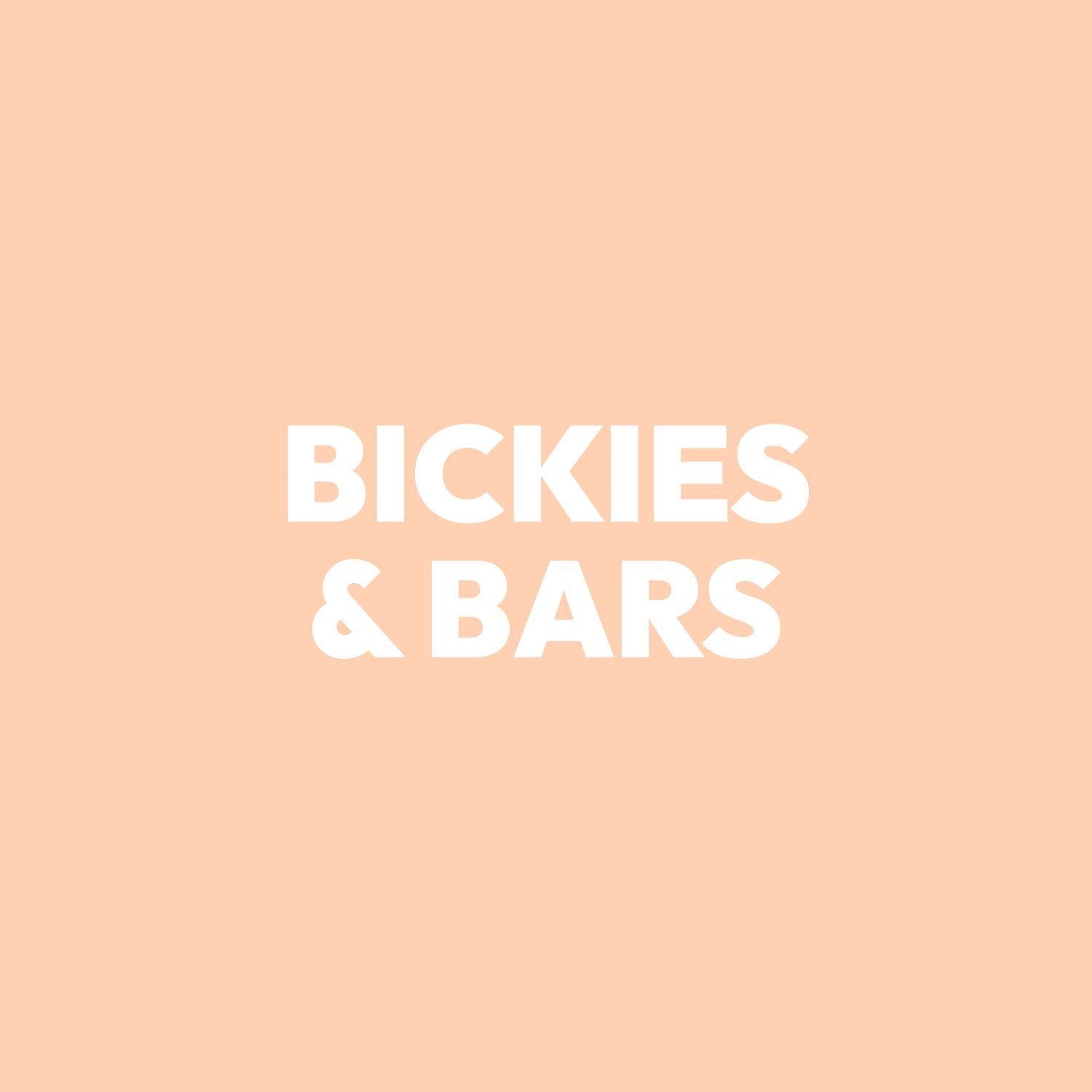

Creatine for anxiety and depression: a mood-boosting marvel?
Creatine isn’t just for gym bros and muscle gains. If your brain's been feeling more "meh" than mighty, creatine for anxiety and depression might be the wellness twist you didn’t know you needed. Beyond boosting muscle cells, this powerhouse compound is now being explored for its antidepressant effects—and the science is getting juicy.
Mood, Meet Mitochondria
Mood disorders like major depressive disorder and anxiety disorders are tangled up with sluggish brain energy metabolism, reduced ATP production, and mitochondrial dysfunction. And guess what plays a starring role in keeping your cells energised? Creatine. Through its impact on brain bioenergetics, creatine helps regenerate ATP—aka your brain’s fuel—especially during moments of high energy demand, like chronic stress or sleep deprivation.

This makes creatine supplementation a hot topic in the mood space. Studies using proton magnetic resonance spectroscopy have shown that increasing brain creatine levels can lead to measurable shifts in cognitive function and mood. In short, when your brain's got more fuel, it tends to perform—and feel—better.
What the Research Says: From Weights to Wellbeing
-
A double-blind placebo controlled trial found that creatine monohydrate supplementation led to significant improvements in depression symptoms when combined with standard SSRI treatment.
-
In a randomised double blind placebo study (doi:10.1016), those in the creatine group had reduced depression severity and enhanced response time to medication.
-
Studies show that high dose creatine supplementation boosts serotonin activity and enhances stress resilience.
These findings suggest a strong link between creatine metabolism, emotional regulation, and overall brain function.
Creatine’s Greatest Hits: How It May Help Your Mood
-
Energy Restoration: Helps recharge your brain’s ATP, especially useful for cognitive processes in mood disorders.
-
Neurotransmitter Balance: Interacts with serotonin norepinephrine reuptake inhibitors and selective serotonin reuptake inhibitors, potentially improving antidepressant response.
-
Neuroprotection: Fights off reactive oxygen species, guarding your precious brain cells.
-
Brain Boost: Supports cognitive performance in both healthy adults and those with psychiatric disorders.
Safety First, Always
Worried about your kidneys? Most clinical trials show that creatine is safe for healthy individuals, with minimal risk to kidney function—despite common myths. Of course, if you’ve got renal issues, check with your doc.
Creatine Monohydrate or Bust
Not all creatine is created equal. Stick with creatine monohydrate—it’s the most studied and effective form, found in most creatine supplements. And yes, the same creatine powder used for exercise performance is used for mental health, too.

Want a clean, plant-based option that fits seamlessly into your routine? Check out the stuff from Botanika Blends—pure, unflavoured, and science-backed (but no sales pitch here).
TABLE: CREATINE & MOOD
|
Benefit |
What the Science Says |
|---|---|
|
Boosts Brain Energy |
Enhances ATP production and mitochondrial function |
|
Reduces Depression Symptoms |
Particularly effective as add-on to SSRIs |
|
May Improve Anxiety |
Shown to modulate neurotransmitters and improve brain function |
|
Helps Under Stress |
Effective during sleep deprivation and chronic stress |
|
Safe for Most |
Backed by multiple placebo controlled trials |
Share:
0 comments
FAQ – CREATINE FOR ANXIETY AND DEPRESSION
More blogs
-

When to Take a Protein Shake? Timing, Goals, and What Science Says
Before we dive into the big question of when to take a protein shake, let’s rewind. Protein is more than just fuel for muscle growth—it’s an essential nutrient that supports muscle repair, bone health, cognitive function, immune strength, and metabolism....
-

Cacao Benefits: Why This Antioxidant Powerhouse Deserves a Spot in Your Daily Ritual
Cacao comes from the theobroma cacao tree, literally named the “food of the gods” by the ancient Mayans. And honestly? They were onto something. From the humble cacao beans, we get cacao powder, raw cacao powder, cacao nibs, and cocoa...
-

Magnesium in Cacao Powder: Why This Essential Mineral Deserves More Love
When you think of cacao powder, you probably think of rich hot chocolate, indulgent dark chocolate, or maybe a healthy addition to your chia seeds pudding. But behind its bitter taste and antioxidant kick, cacao is hiding something powerful: magnesium....














